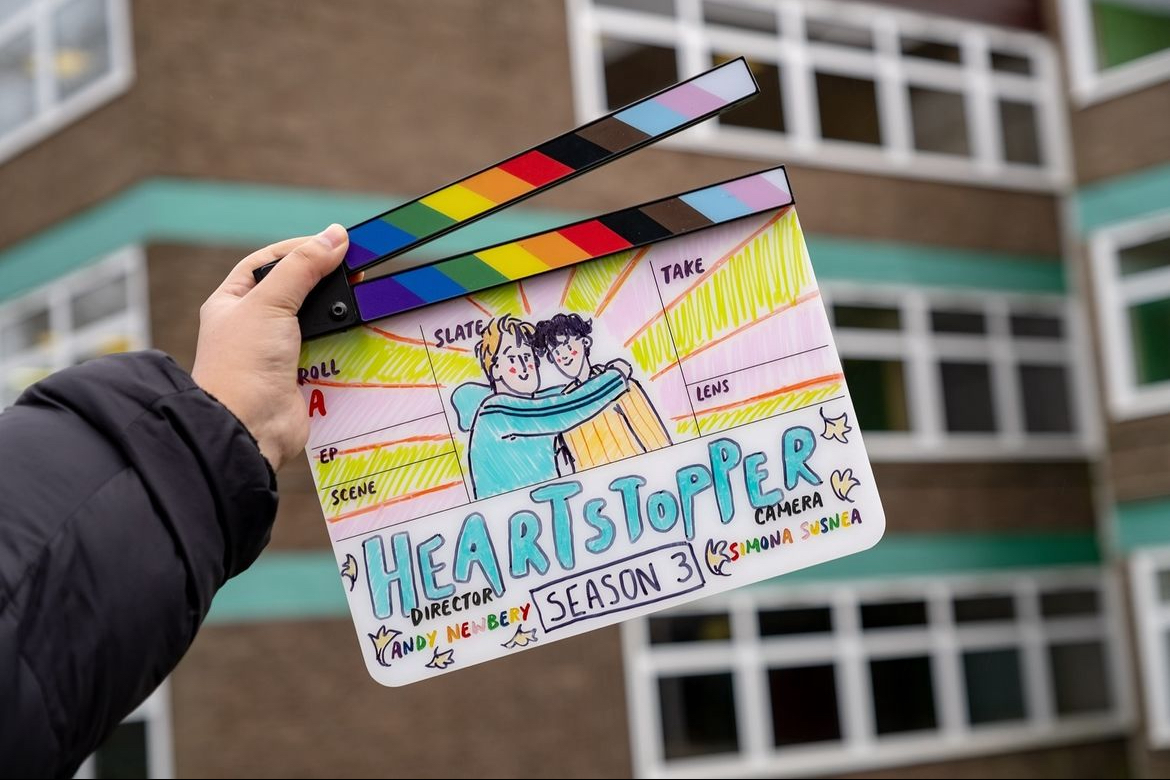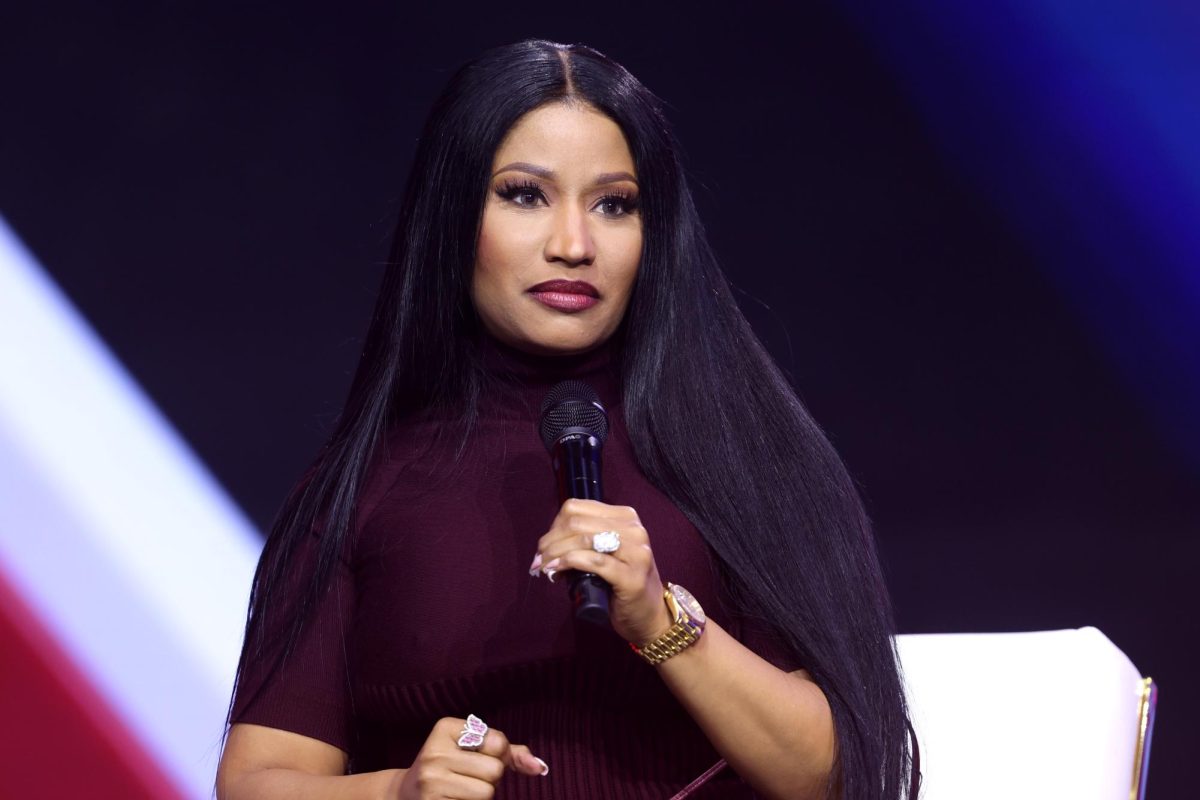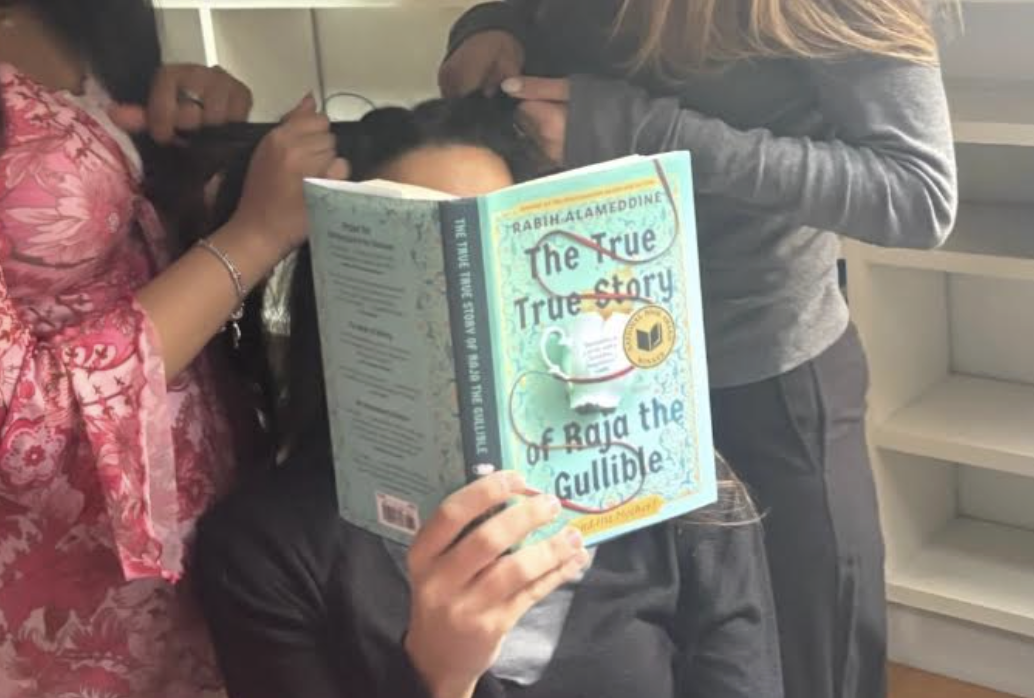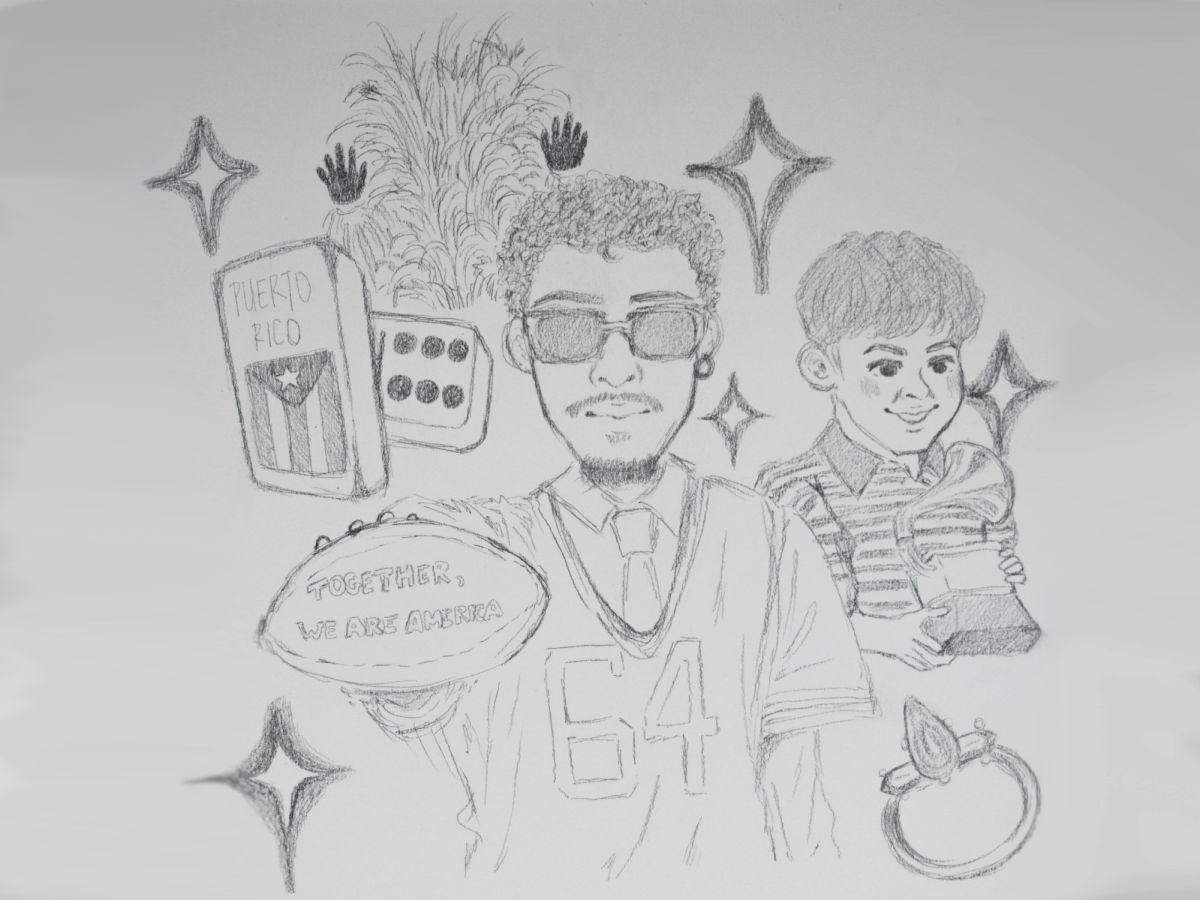The new, third season of “Heartstopper” is not for the faint of heart. This season is the most mature yet tackles intense issues of mental illness, transphobia, identity, and sex.
The first episode picks up right where season two left off, when the main leads, Nick and Charlie, say “I love you” for the first time.
As the episodes progress, Nick and Charlie’s relationship gets more and more serious.
The plot is very similar to the “Heartstopper” novels by Alice Oseman, which the show is based on. This season incorporates stories from “Heartstopper Volume 4,” “Heartstopper Volume 5,” and “This Winter,” in which Charlie’s mental illness worsens.
This season of the “Heartstopper” series is much darker and more mature than the previous seasons. Each character is struggling with issues associated with growing up and embracing their identities as they are forced to face the music.
Charlie’s struggle with an eating disorder and OCD are brought to the attention of the adults and is addressed, albeit not without difficulties.
The show provides an optimistic take on many mental health issues. For instance, at one point in the season, Charlie goes to stay at a psychiatric hospital for people struggling with eating disorders, which was helpful for him. The show makes a point to mention that not all psychiatric hospitals are beneficial to the patients. This clarification was important as it ensures that there is no “one size fits all” approach to recovery.
The acting in this season is just as incredible as ever before. Joe Locke, who plays Charlie Spring, performed the intense, heartbreaking scenes beautifully and with so much emotion. The non-verbal acting was notable as well, especially in episode two when Charlie is on the phone with Nick. Charlie was about to open up to Nick about how poorly he’d been feeling, but when Nick asked him if he had eaten, Charlie started getting anxious again.
That scene was incredibly heartbreaking and difficult to watch. It shows Nick and Charlie not as in sync as they normally are. Charlie’s mental illness is getting in the way of their relationship, while Nick is trying to do everything he can to help or at least not make it worse.
This season includes more of Tori’s character, emphasizing her importance. Charlie’s older sister, Tori, never really got her moment in previous seasons, but now Tori takes on a much bigger role. She was the one to notice the severity of Charlie’s eating disorder and reached out to Nick about it because she knew he’d be able to help.
Tori’s new friend, Michael Holden, is introduced this season, who helps her learn more about herself. Many fans recognize him as an important character from the Alice Oseman novel, “Solitaire.” While it is never directly stated, some fans speculate that Tori may be asexual or aromantic, like in the novel “Solitaire,” which takes place in the same universe as the “Heartstopper” novels.
Half of the main friend group are entering their last year of high school and are looking into university options. Nick is struggling to come to terms with the fact that he doesn’t know who he is without Charlie and their friends.
Nick, played by Kit Conner, spends most of the season worried about Charlie and doing everything he can to help him, that he forgets to take care of himself. Nick had a very difficult time without Charlie when he left to stay at the psychiatric hospital.
In episode four, Nick attends a Halloween party with his friends, but he feels out of place and misses his boyfriend. In a heartbreaking scene with his friend Tao, Nick cries into his shoulder while sitting on the floor.
The show also introduces additional characters familiar to fans of the graphic novels, including Oliver Spring.
“Bridgerton” actor Jonathan Bailey made an appearance in the season as Jack Maddox, an Instagram-famous classicist and celebrity crush of Charlie.
“Heartstopper” season three is streaming now on Netflix.









